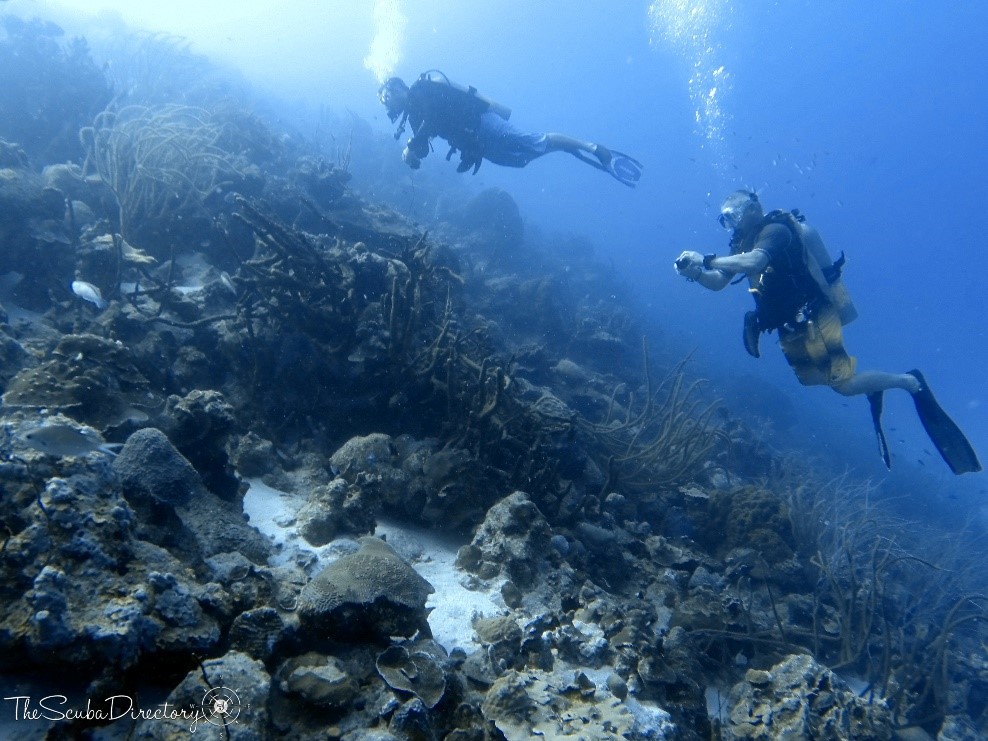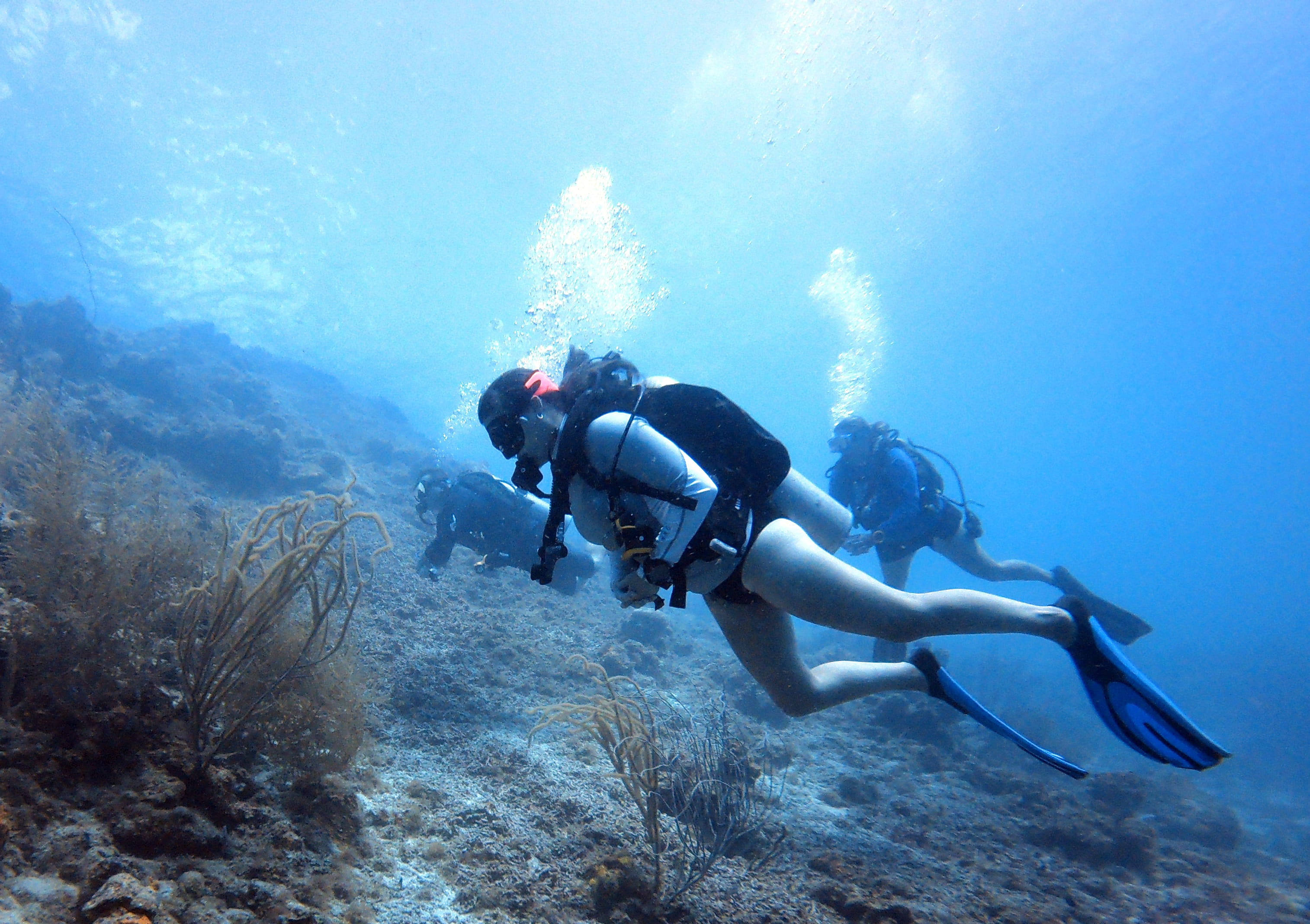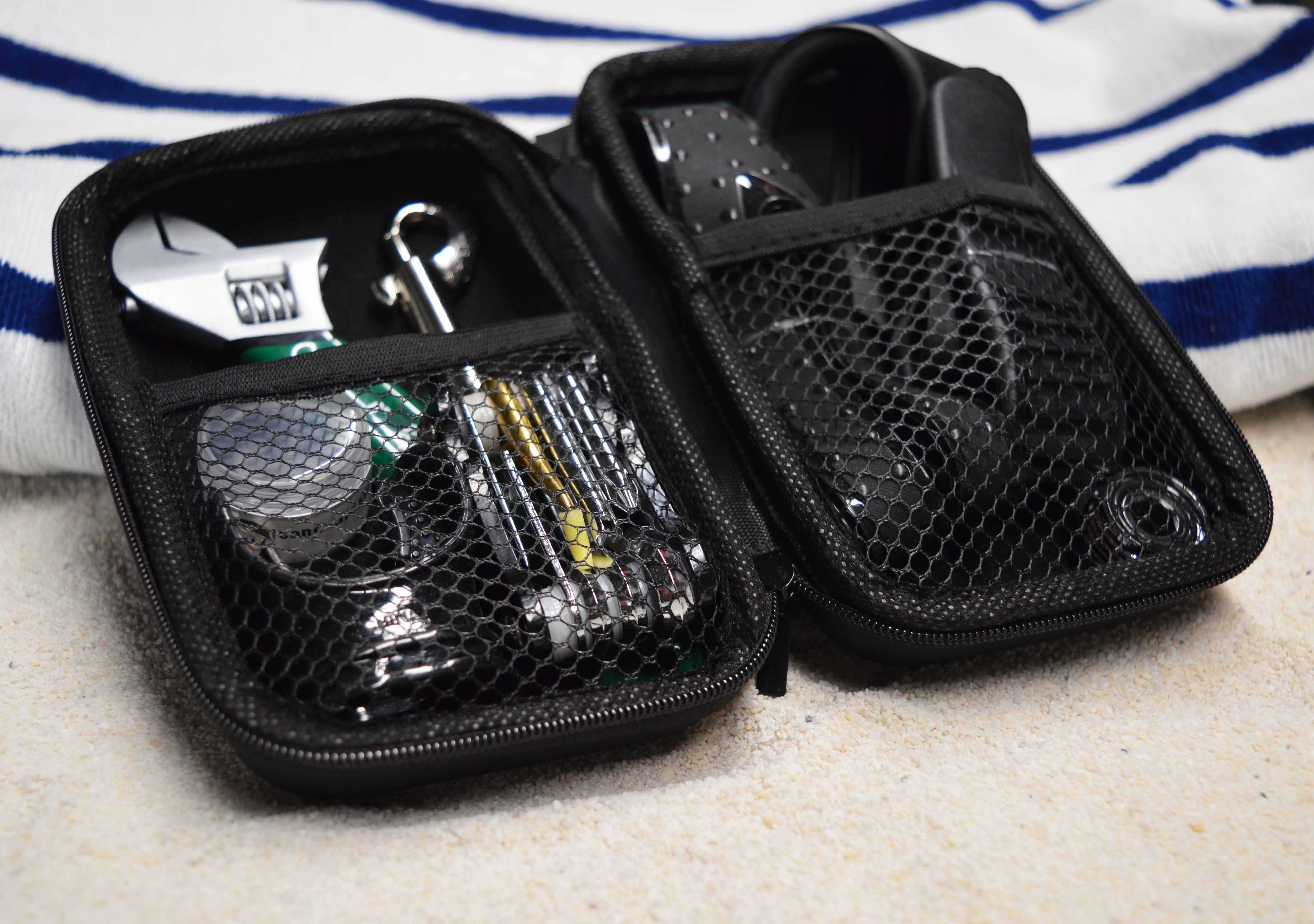10 Ways to be a Responsible and Ocean Aware Scuba Diver
TheScubaDirectory ⋅ August 30, 2024

Responsible diving goes beyond just your safety—it's about preserving the ocean's fragile ecosystem. By practicing mindful techniques, you can protect the underwater world for future generations. Here are some essential tips to help you dive responsibly and make a positive impact on the environment.
1. Dive Within Your Limits
Dive within your training and experience level. Avoid going beyond the limits of your certification and comfort level. If you want to advance, take additional courses to build your skills.
2. Check and Maintain Equipment
Regularly inspect and maintain your scuba equipment. Ensure that it is in good working condition before every dive. This includes checking your regulator, BCD, dive computer, and other gear.
3. Practice Buoyancy Control
Master buoyancy control to minimize your impact on the underwater environment. Avoid touching or damaging marine life, corals, or the seabed. Practice good finning techniques to avoid stirring up sediment.
Essential Gear
Dive smarter with PRO

Explore PRO
4. Respect Marine Life
Observe marine life from a respectful distance. Avoid touching, chasing, or disturbing underwater creatures. Keep a safe distance from fragile corals to prevent damage.
5. Carry a Mesh Bag
Bring a mesh bag to collect any trash or debris you might encounter during your dive. Participate in underwater clean-up activities when possible and report any environmental concerns to local authorities.
6. Be Mindful of Wildlife
Be aware of the local marine life and their habits. Avoid disrupting mating or feeding behaviors, and give space to animals that may be territorial or protective.
7. Practice Good Finning Technique
Use a frog kick or other techniques that minimize disturbance to the environment. This helps maintain visibility and reduces the risk of damaging delicate marine life.
8. Follow Dive Site Guidelines
Adhere to specific rules and guidelines set for each dive site. Some locations may have regulations to protect sensitive ecosystems or historical artifacts.
9. Educate Yourself
Stay informed about the local marine environment, conservation efforts, and any specific issues affecting the location or dive site you are visiting.
10. Support Conservation Initiatives
Contribute to marine conservation efforts by supporting organizations working to protect oceans and marine life. Consider participating in reef restoration or clean-up projects.
By adopting responsible diving practices, you contribute to the preservation of underwater ecosystems and help ensure that future generations can continue to enjoy the beauty of the underwater world.

